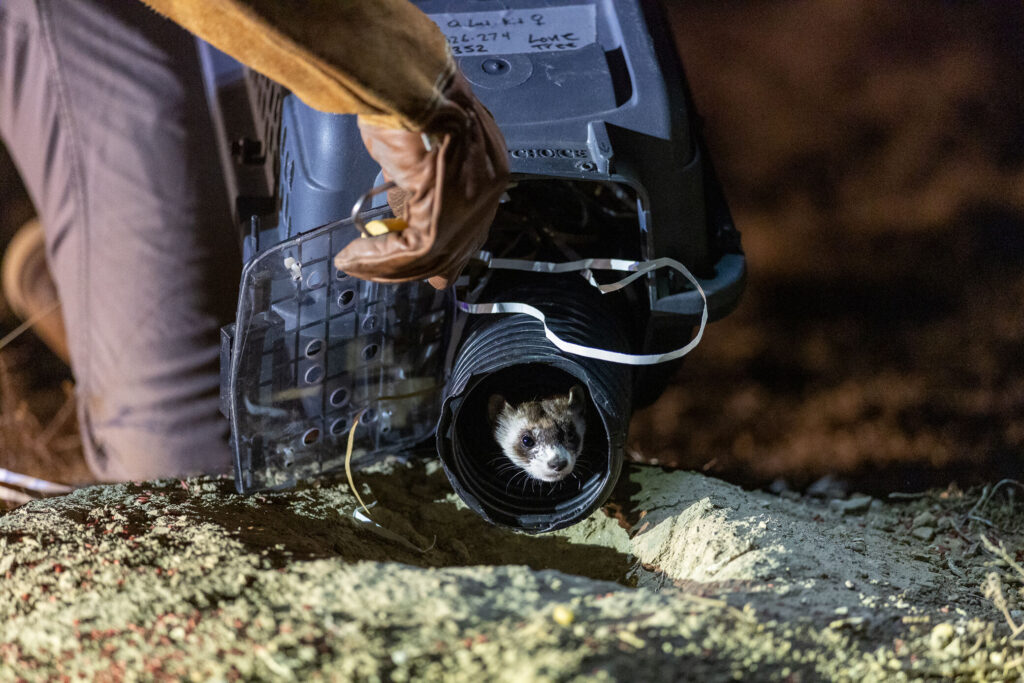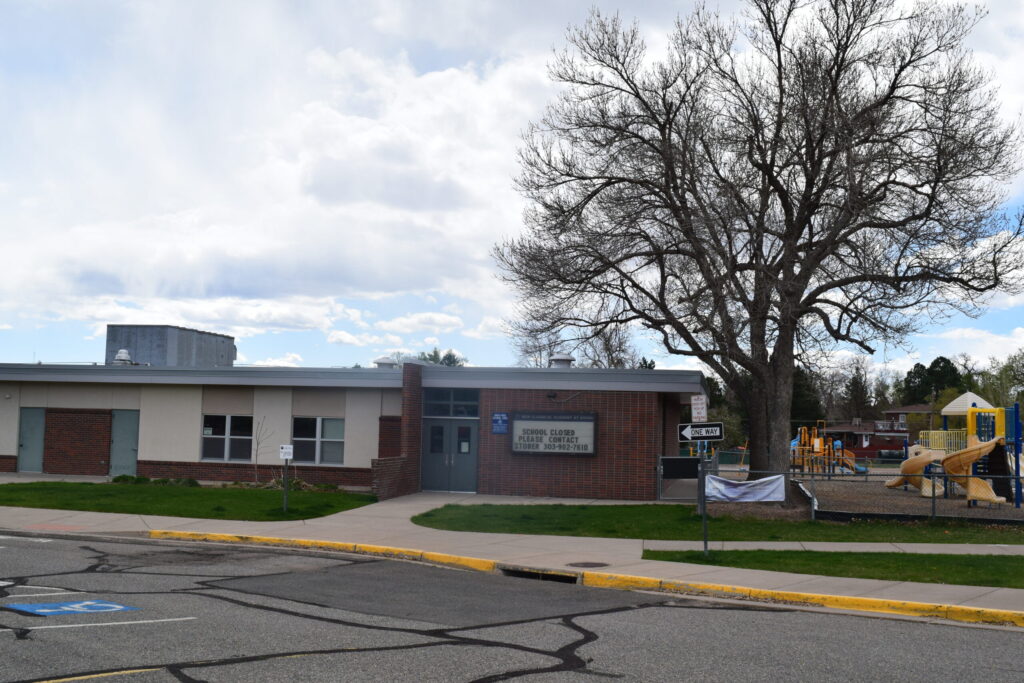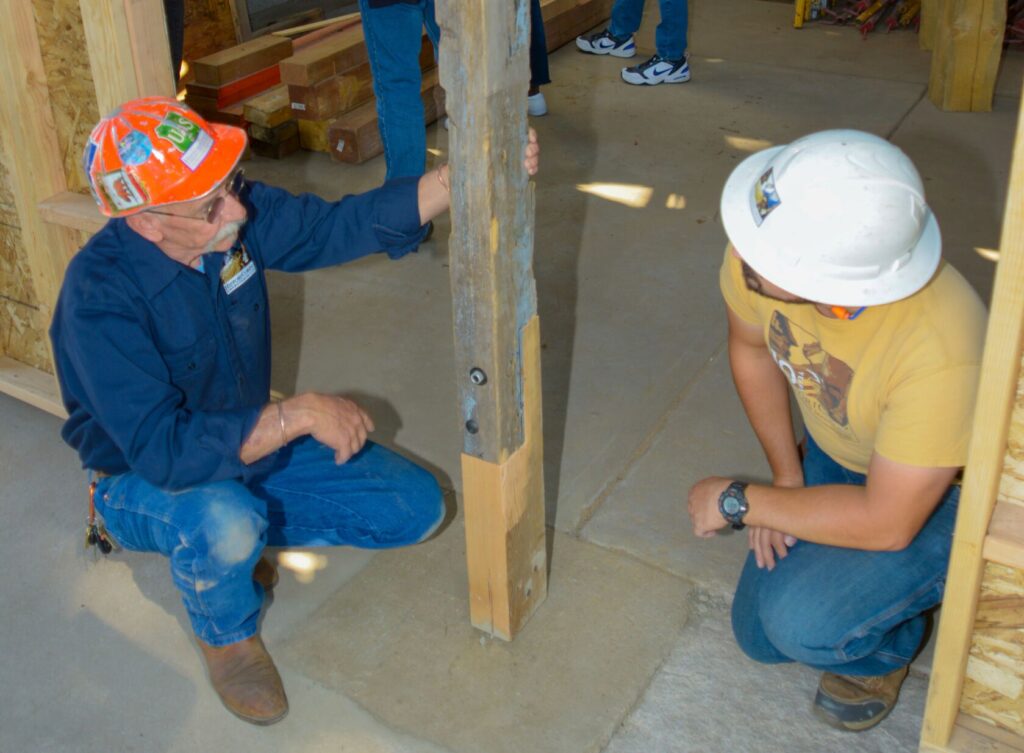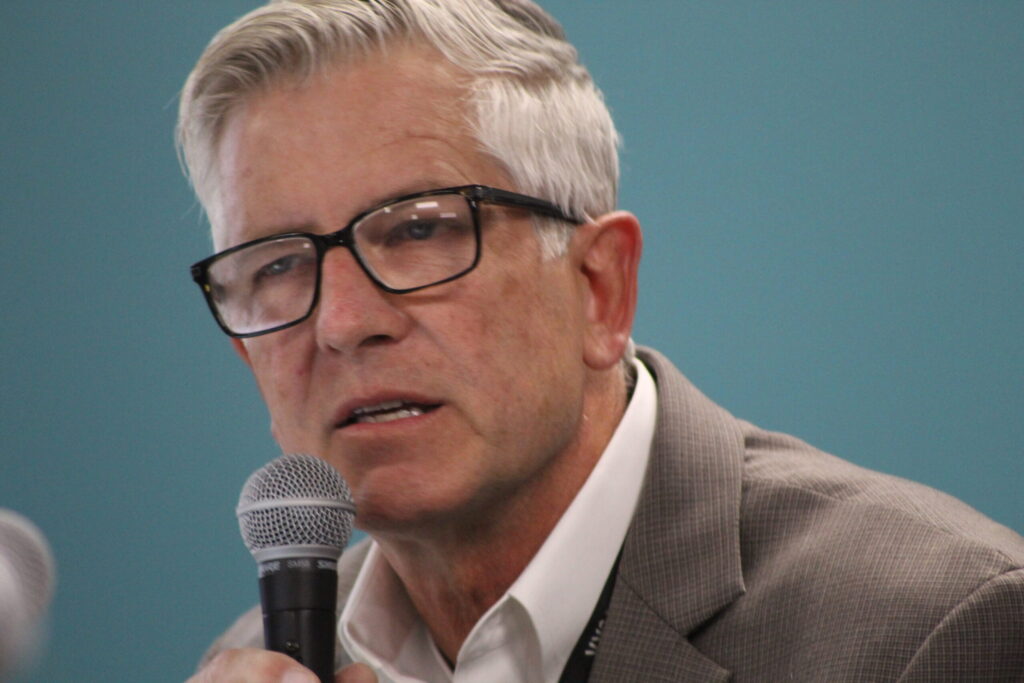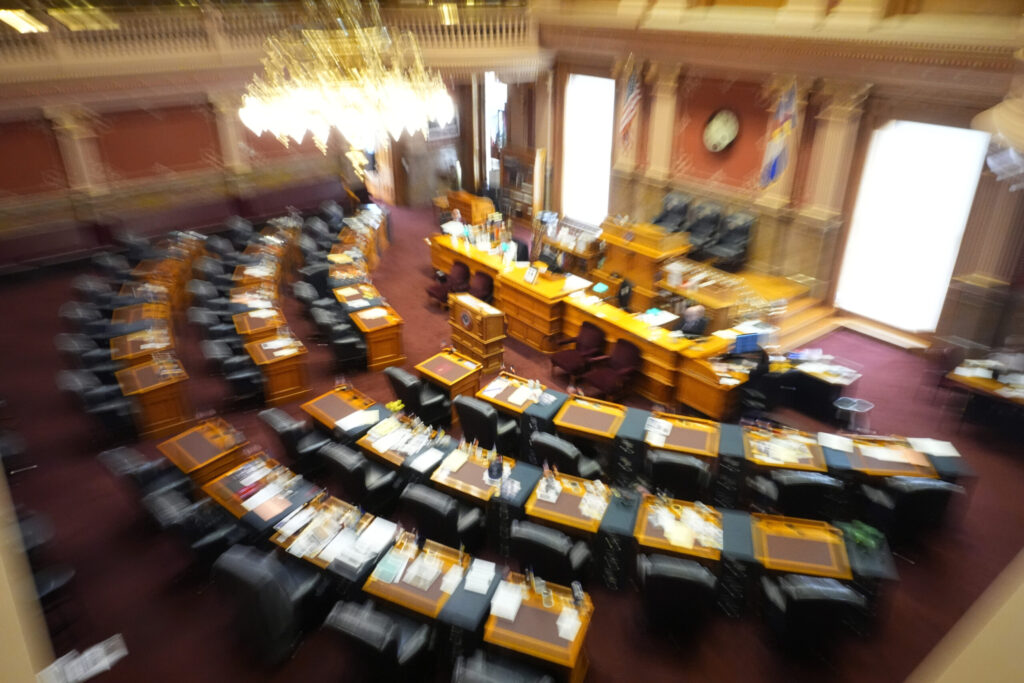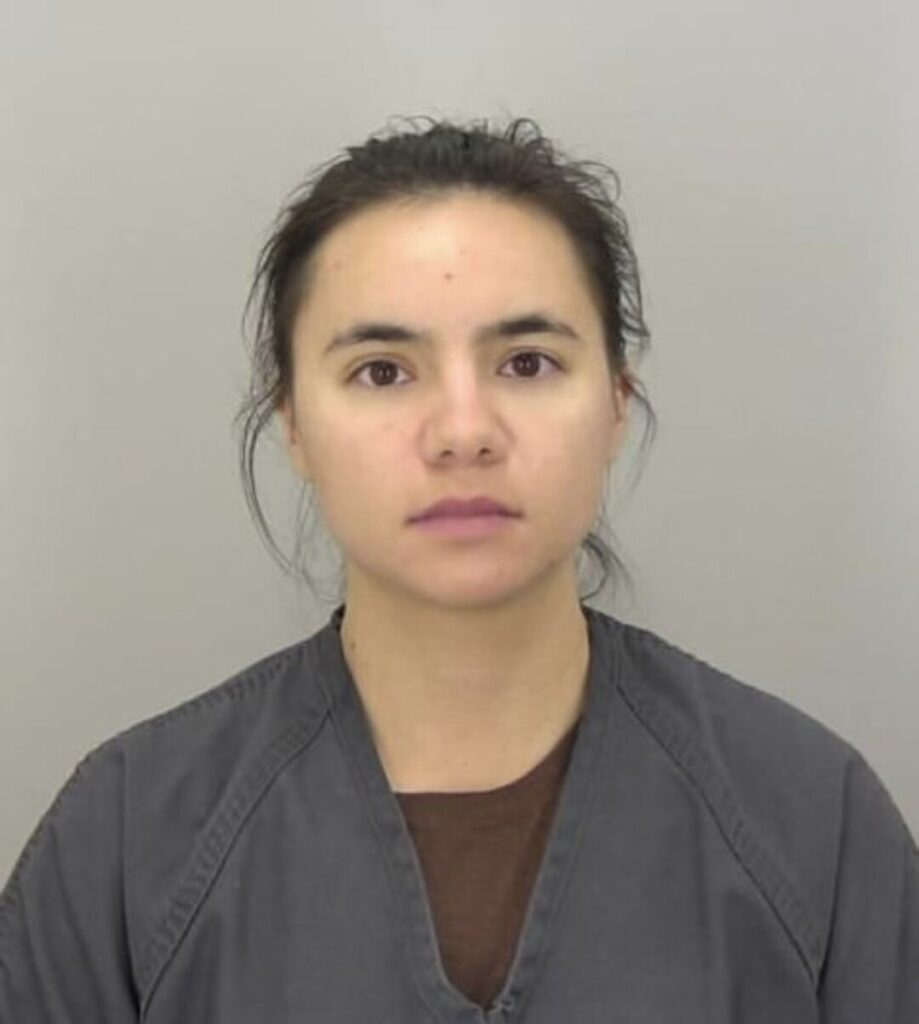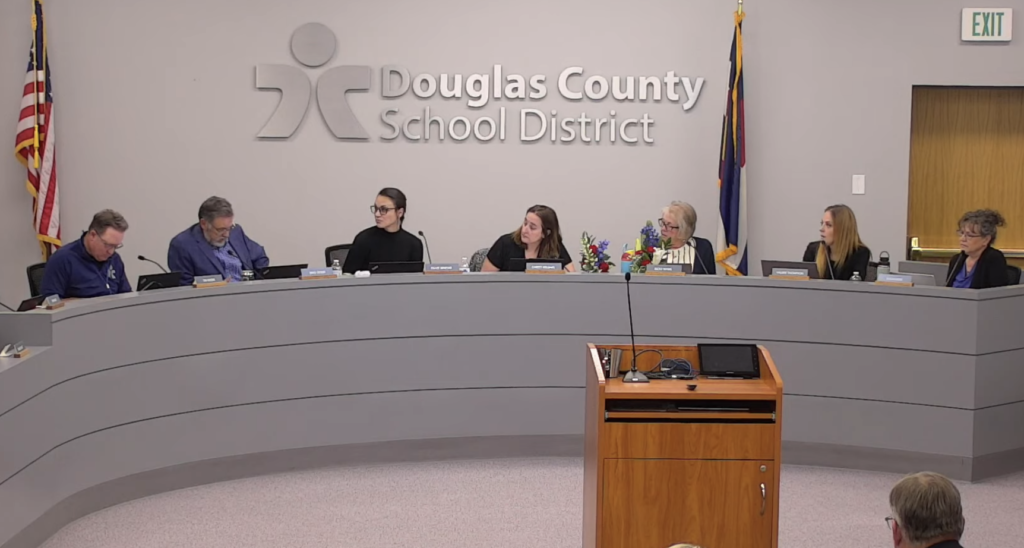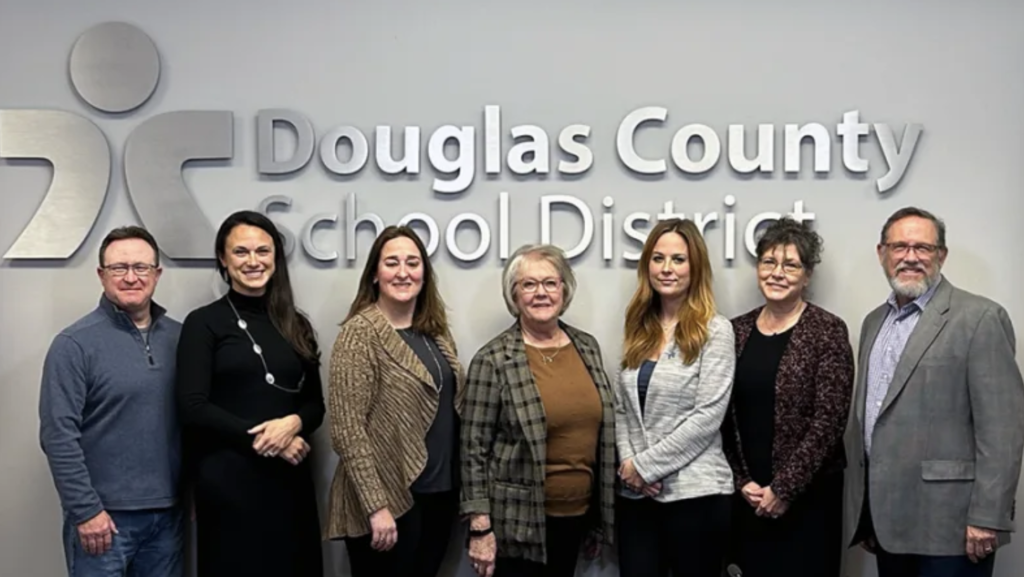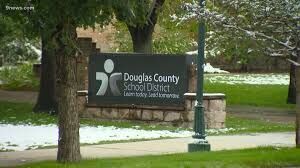DPS board president creates committees that may fall outside public view
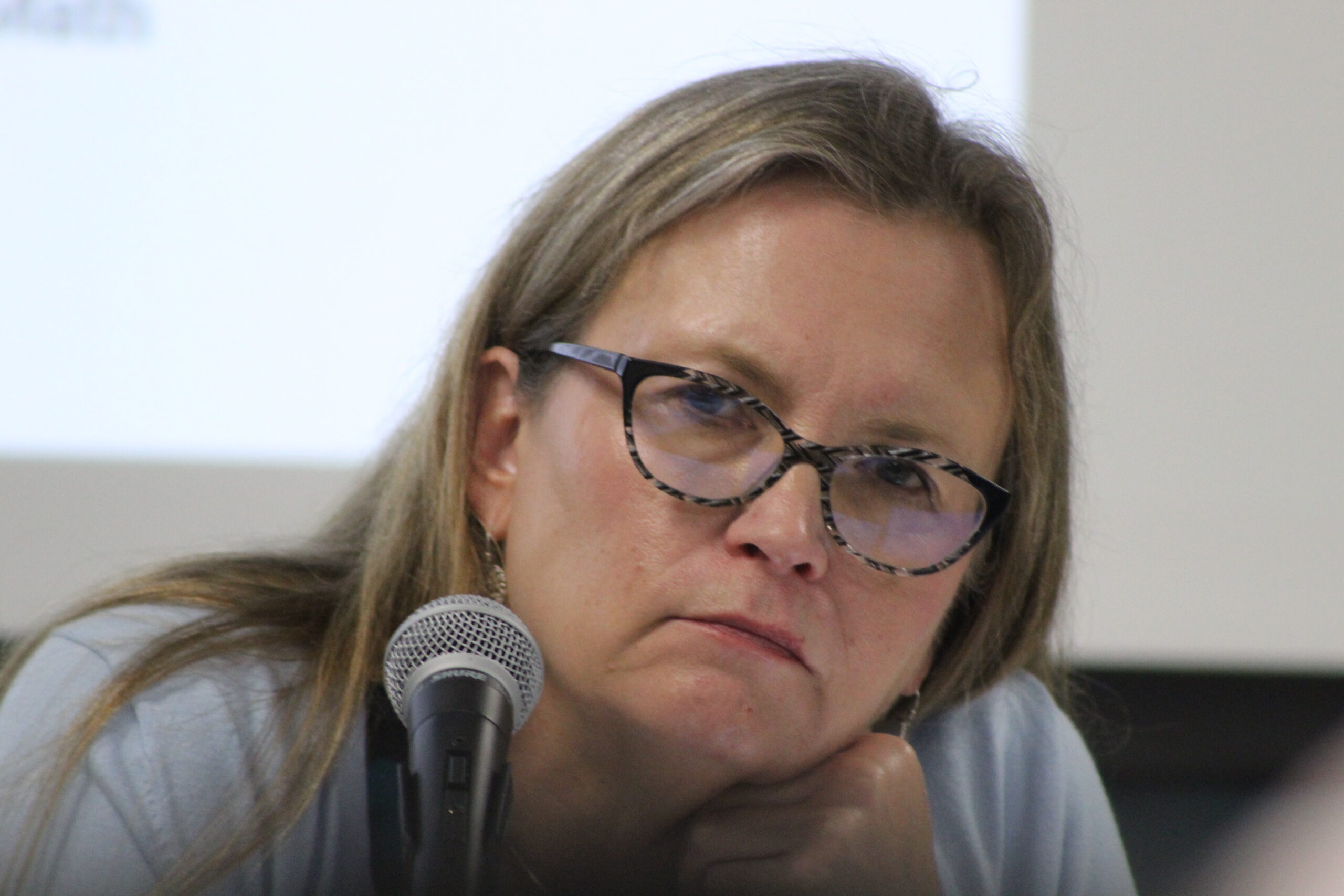
As one of her last official acts on the Denver Public Schools Board of Education, President Carrie Olson created a two-member committee that will not likely conduct its business in public as state law demands.
The two-person committee headed by Vice President Marlene De La Rosa is expected to craft the district’s cell phone policy next year, as required by a new state law. A second member is expected to be appointed to the committee once the new board is sworn in Saturday.
Olson was term limited out.
Over the past two months, Olson has created at least two committees designed to carry out board business.
In October, Olson created a two-member committee that included Director Scott Esserman to review the language in a slew of policies the board sought to finalize before new members are seated.
Olson struggled to explain how these committees differ from the District Accountability Committee or the Special Finance and Audit Committee — each of which holds public, agendized meetings.
“So, they’re all still committees of the board, but there are different requirements in how they function,” Olson said.
When pressed on how these committees differ, Olson requested written questions and then did not respond.
Under the Colorado Open Meetings Law, committees are considered a local public body and must conduct their work in public with advance notice and an agenda.
“They can appoint a two-person committee,” said Jeff Roberts, executive director of the Colorado Freedom of Information Coalition. “But they must know that a committee is considered a local body under the open meetings law.”
Formed in 1987, the coalition promotes the freedom of the press and open access to government.
Colorado law defines a meeting broadly — it can include a phone or Zoom call, an email or text exchange, or even gathering at a coffee shop.
“But how do you include the public in that?” Roberts asked.
Meetings that do not include adopting policy may not require formal minutes.
District General Counsel Aaron Thompson did not interject at any point during Thursday’s meeting — nor in October — to offer direction on how the committee should legally conduct its business. Thompson also did not respond to an email from The Denver Gazette seeking comment.
The Denver school board has faced criticism for operating behind closed doors — concerns that board members have dismissed by insisting they are transparent. But this is not the first time the board has been accused of sidestepping state law to conduct public business out of view.
In May, when the board extended Superintendent Alex Marrero’s contract early, the board sidestepped open debate in favor of private channels. They did this by routing their feedback on new contract language through Thompson and a secret, two-member committee Olson created.
She later justified the move, saying the committee did not act inappropriately because “no one provided information” to them. But she also struggled then to provide any meaningful insight into how and why she formed the committee or the work members did.
Two years ago, a Denver district court ruled the board violated the state’s open-meetings law by privately debating the return of school resource officers after an East High School shooting that injured two staff members. The judge ordered the audio released.
Thompson, who was present for the illegal executive session, said at the time that he wanted to give the board as much leeway as possible to discuss the policy change behind closed doors.
Four current members — then President Xóchitl Gaytán, Esserman, Michelle Quattlebaum and Olson — were all present in that session.
It is unclear how frequently board members receive training, and by whom, on Colorado’s open meetings and records laws.
What is clear is that a majority of the board has served for at least four years — long enough to be expected to understand Colorado’s open meetings requirements. Three — Directors John Youngquist, Kimberlee Sia and De La Rosa — were sworn in two years ago. And Olson, finishing her eighth year, has previously served a term as board president.
Denver voters earlier this month ousted two of the three incumbents, returning only Gaytán, who represents District 2 in southwest Denver, to the school board. Gaytán, along with Amy Klein Molk (At-Large), Donald “DJ” Torres (District 3) and Monica Hunter (District 4), will be sworn in at 2 p.m. Saturday.
District officials sent out notice Friday after it received certified election results from Denver. Since the swearing in must happen within 10 days of the certification according to state law, and many members had Thanksgiving week travel plans, Saturday was chosen as the only option.
It will be held at the Emily Griffith Campus, 1860 Lincoln St., room 735.






